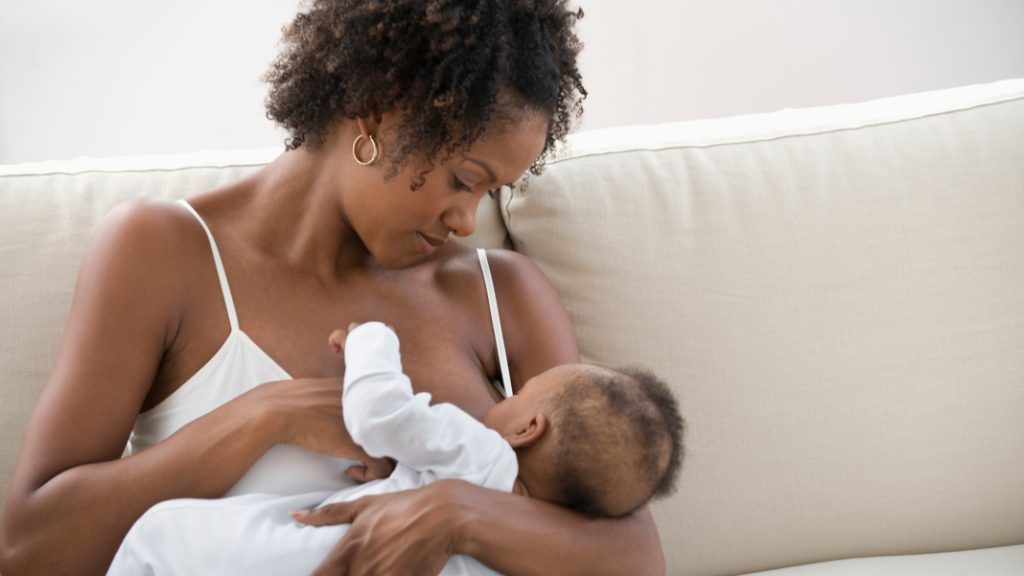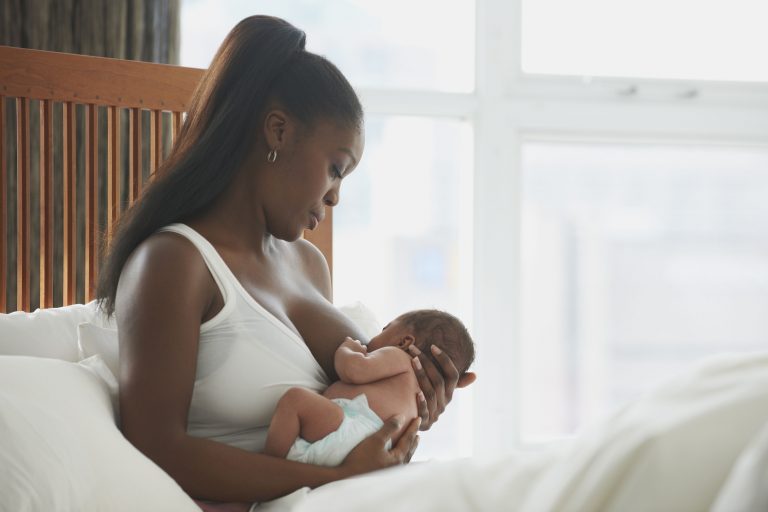
To mark 2023 Breastfeeding Week, UNICEF advocates for exclusive breastfeeding.
Exclusively breastfed babies are 14 times more likely to survive in the first six months of life than non-breastfed babies, the United Nations Children’s Fund (UNICEF) has said.
It further revealed that breastfeeding, aside from being the first vaccine that a child receives to prevent infections, also gives the child at least six times greater chance of survival in the early months of life than non-breastfed children.
The global health organization for Children’s Welfare, therefore, urged nursing mothers to exclusively breastfeed their babies for at least six months, and ensure that water is not added to their feeding, as breast milk already contains about 88 percent of water and is easily digested.
UNICEF’s Nutrition Specialist, Philomena Irene, made this known in Bauchi State during a media dialogue on this year’s World Breastfeeding Week, with the theme: Enabling breastfeeding: making a difference for working parents.
She said, “Breast milk provides the ideal nutrition for infants’ growth. Nutrients are more easily digested than infant formula. Breast milk contains antibodies that help babies fight off viruses, bacteria, and infections.
“Exclusively breastfed babies have fewer infections and less hospitalizations and trips to the doctor, decreased incidence and severity of diarrhea, lower respiratory infections and acute otitis media, lower incidence of dental caries and malocclusion, reduced risk of childhood obesity and diabetes, and increased intelligence.
“Breastfed children have at least 6 times greater chance of survival in the early months than non-breastfed children. & an exclusively breastfed child is 14 times less likely to die in the first six months than a non-breastfed child. An estimated 13 per cent of child deaths could be averted if 90 per cent of mothers exclusively breastfeed their infants for the first six months of life”Delaying breastfeeding by 2 to 23 hours after birth increases the risk of a baby dying in the first 28 days of a baby’s life by 40 per cent.”


















Leave a Reply